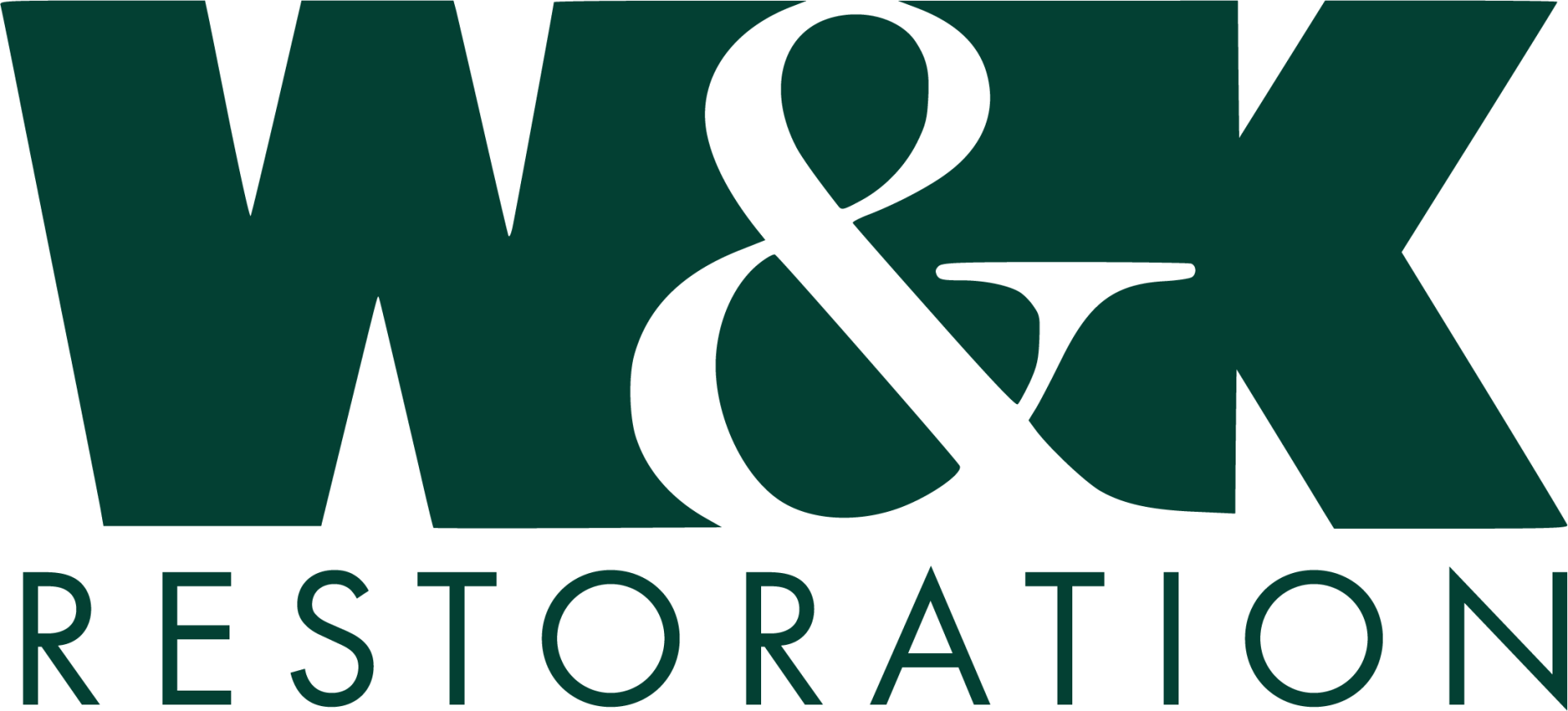Sleeping in a Water Damaged Home: Weighing the Risks and Safety Measures
Water damage in your home can be a distressing and disruptive experience, often leaving you with questions about the safety of your living environment. One common concern is whether it's safe to sleep in a water-damaged house. In this blog, we will address this crucial question and provide you with insights on the potential risks associated with sleeping in a water-damaged home.
Understanding the Risks:
1. Mold Growth:
One of the primary concerns with sleeping in a water-damaged house is the risk of mold growth. When water infiltrates your home, especially in hidden or hard-to-reach places, it creates the perfect breeding ground for mold. Mold can release spores into the air, which can be harmful when inhaled over an extended period. Exposure to mold can lead to respiratory issues, allergies, and other health problems.
2. Structural Damage:
Water damage can weaken the structural integrity of your home. When wood and other building materials absorb water, they can become compromised, leading to potential collapses or hazards. While structural damage may not always be immediately visible, sleeping in a water-damaged house increases the risk of accidents or injuries.
3. Electrical Hazards:
Water and electricity do not mix well. Water damage can affect your home's electrical systems, leading to exposed wires, short circuits, or electrical fires. These hazards can be life-threatening, making it unsafe to sleep in such an environment.
4. Health Concerns:
Prolonged exposure to a damp and water-damaged environment can have adverse health effects. In addition to mold, it can also contribute to the growth of bacteria and the spread of diseases. Allergies, respiratory issues, and skin irritations are common health problems associated with sleeping in a water-damaged house.
What to Do If Your House has Water Damage:
If your home has experienced water damage, it's crucial to take immediate action to address the issue and ensure your safety:
1. Contact Professionals: Reach out to a reputable water damage restoration company like W&K Restoration to assess and mitigate the damage.
2. Evacuate if Necessary: If the damage is extensive or poses significant safety risks, consider finding alternative accommodations until the issue is resolved.
3. Air Quality: Improve indoor air quality by using dehumidifiers and air purifiers to reduce moisture and contaminants.
4. Electrical Inspection: Have a qualified electrician inspect your electrical system to ensure it's safe to use.
5. Monitor Your Health: Pay attention to any unusual symptoms or health issues and seek medical advice if needed.
In most cases, it is not safe to sleep in a water-damaged house due to the potential health hazards and safety risks involved. Your well-being and safety should be a top priority. Addressing water damage promptly by enlisting the help of professionals is crucial to mitigate risks and ensure a healthy living environment. Remember that prevention and early intervention are key to avoiding the harmful effects of water damage on your home and health.







